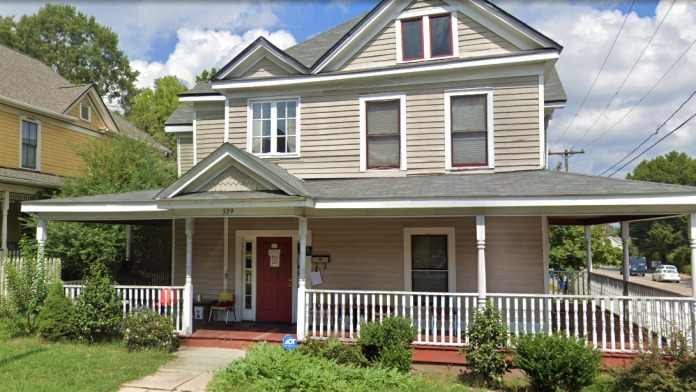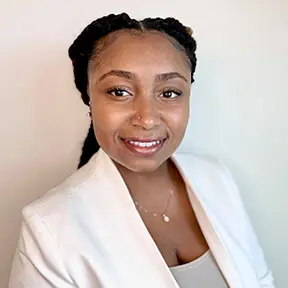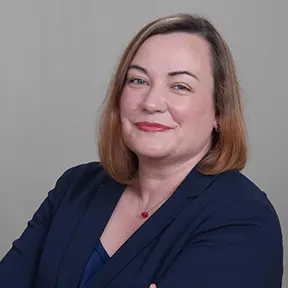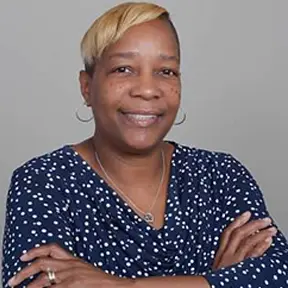About Freedom House Recovery Center
Freedom House is a CARF-accredited non-profit organization that provides a wide array of behavioral healthcare services. Folks who need mental health or substance abuse treatments can get the care they need at Freedom House. They also work with community partners so that every client’s needs are met.
They use a sliding fee discount program to ensure everyone has access to care regardless of their ability to pay.
They were voted “Best in Person County” in the May 2024 issue of The Courier-Times.
Outpatient Substance Use and Mental Health Services
The staff at Freedom House include licensed clinicians, nurses, physicians,peer support specialists, and psychiatric nurse practitioners.
They offer a walk-in clinic for evaluations, referrals and care planning. Clients can also get individual and group therapy, medication-assisted treatment and more.
I like that they are equipped to provide court-mandated treatment including DWI/DMV evaluations and treatment.
Halfway House for Men and Women in Durham
Freedom House Recovery Center also provides gendered halfway homes for men and women.
This program gives you up to six months of accommodations and substance use treatment. It’s a structured and sober program that addresses your primary healthcare needs as well as your behavioral health challenges.
I like that residents can learn life and job skills to support themselves once they graduate. You’ll learn how to sustain your basic needs and how to advocate for yourself.
Facility Overview
Rehab Score
Gallery

Other Forms of Payment
Private insurance refers to any kind of healthcare coverage that isn't from the state or federal government. This includes individual and family plans offered by an employer or purchased from the Insurance Marketplace. Every plan will have different requirements and out of pocket costs so be sure to get the full details before you start treatment.
Self-pay involves paying for treatment out of your own pocket. You can use savings or credit, get a personal loan, or receive help from family and friends to fund your treatment. If you don't have insurance or your insurance plan doesn't cover a specific program, self-pay can help ensure you still get the care you need.
Financial aid can take many forms. Centers may have grants or scholarships available to clients who meet eligibility requirements. Programs that receive SAMHSA grants may have financial aid available for those who need treatment as well. Grants and scholarships can help you pai for treatment without having to repay.
Addiction Treatments
Levels of Care
 Outpatient
Outpatient
 Inpatient
Inpatient
 Intensive Outpatient
Intensive Outpatient
 Medically Assisted Detox
Medically Assisted Detox
Treatments
The goal of treatment for alcoholism is abstinence. Those with poor social support, poor motivation, or psychiatric disorders tend to relapse within a few years of treatment. For these people, success is measured by longer periods of abstinence, reduced use of alcohol, better health, and improved social functioning. Recovery and Maintenance are usually based on 12 step programs and AA meetings.
There are many types of drug rehab in North Carolina. To receive treatment for addiction, you can choose from many inpatient and outpatient programs. Often, participants start with detox and work through a full continuum of care that continues with ongoing support for long-term recovery.
Many of those suffering from addiction also suffer from mental or emotional illnesses like schizophrenia, bipolar disorder, depression, or anxiety disorders. Rehab and other substance abuse facilities treating those with a dual diagnosis or co-occurring disorder administer psychiatric treatment to address the person's mental health issue in addition to drug and alcohol rehabilitation.
Substance rehabs focus on helping individuals recover from substance abuse, including alcohol and drug addiction (both illegal and prescription drugs). They often include the opportunity to engage in both individual as well as group therapy.
Programs

Adult Program

Young Adult Program
Clinical Services
Research clearly demonstrates that recovery is far more successful and sustainable when loved ones like family members participate in rehab and substance abuse treatment. Genetic factors may be at play when it comes to drug and alcohol addiction, as well as mental health issues. Family dynamics often play a critical role in addiction triggers, and if properly educated, family members can be a strong source of support when it comes to rehabilitation.
Group therapy is any therapeutic work that happens in a group (not one-on-one). There are a number of different group therapy modalities, including support groups, experiential therapy, psycho-education, and more. Group therapy involves treatment as well as processing interaction between group members.
In individual therapy, a patient meets one-on-one with a trained psychologist or counselor. Therapy is a pivotal part of effective substance abuse treatment, as it often covers root causes of addiction, including challenges faced by the patient in their social, family, and work/school life.
Life skills trainings involve all the skills a person must have in order to function successfully in the world. These include time management, career guidance, money management, and effective communication. Truly successful addiction recovery is based on the ability to not only live substance-free, but to thrive. Life skills teaches the practical necessities of functioning in society, which sets clients up for success in life, and therefore sobriety.
Staff & Accreditations
Staff

Joyce Harper
CEO

Shaneka Parker
CFO

Heather Griffin-Dolciney
VP of Quality Assurance and Training

Dr. James Groce
Medical Director

Timeka Harper-Purcell
Clinical Director

Robin Henry
Director of Operations
Accreditations

The Commission on Accreditation of Rehabilitation Facilities (CARF) is a non-profit organization that specifically accredits rehab organizations. Founded in 1966, CARF's, mission is to help service providers like rehab facilities maintain high standards of care.
CARF Accreditation: Yes
Contact Information
529 Holloway street
Durham NC, 27701